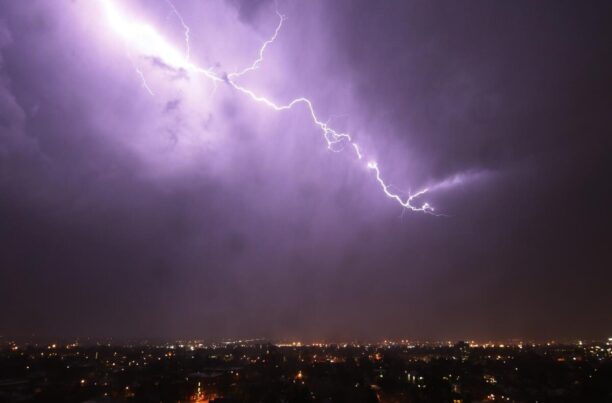Safety First: How Propane Businesses Handle Extreme Weather Conditions

Weather can change fast, and when it does, propane businesses are often the first ones to feel it. Whether it’s a heatwave, flood, or excessively high winds, extreme weather conditions bring a mix of safety risks, delivery challenges, and rising customer needs. If you’re in propane delivery, you know it’s not enough to just keep going – your team has to be ready for anything.
Being prepared for extreme weather involves more than just having raincoats or extra water bottles on hand. It means planning ahead, knowing your routes, staying in touch with customers, and putting safety first. When your drivers are well-trained, your trucks are ready, and your schedule allows for delays, you’re in a better position to serve your customers well without putting anyone at risk.
Start With a Strong Plan
Before each season begins, look at the weather patterns that could affect your routes. If you’re in an area that deals with heavy snow or flooding, build your delivery plans around those challenges. Set up a weather tracking system that helps your dispatchers detect any potential problems early on and change plans if needed.
Make sure your entire team knows the plan as well. Hold regular meetings to talk through what to do in each different type of severe weather event. That way, when a storm hits, no one has to guess or panic – they just follow the steps as outlined in the company’s plan.
Keep Equipment in Top Shape
Your trucks and tanks need to be ready to handle rough roads and long waits. Extremely cold weather can affect tires, batteries, and hoses. High heat can cause wear on brakes and other systems. Make regular checks part of your routine, and don’t wait until something breaks. Preventive maintenance may take time, but it’s far better than getting stuck with a broken-down truck on the side of the road when your customers need fuel and are waiting for you to deliver.
Additionally, make sure your drivers are prepared and have all the gear they need. That includes extra gloves, safety vests, traction mats, flashlights, and first aid kits. These small things can make a big difference when roads are icy or the power is out.
Watch the Weather and Stay Flexible
When things get rough, staying on schedule becomes much more difficult. Build in extra time during stormy seasons so that your team doesn’t feel rushed. You may also need to move deliveries around or switch routes on short notice. Being flexible can do much to help you avoid trouble without letting your customers down.
If you use software to track deliveries, which we highly recommend you do, make sure it allows for quick changes. If it does not, be sure to have a backup system in place. The goal is to keep trucks moving, but only when it’s safe to do so.
Communicate With Customers Early
Extreme weather often leads to panic buying and last-minute requests. To avoid that, keep in touch with your customers all year round, but especially before a storm hits. Let them know how your delivery schedule may change and encourage early fills during storm seasons.
When your customers know what to expect, they’re more likely to stay calm – and more likely to trust your business. You can use email, text, phone calls, or social media to keep them in the loop. Just be sure you are communicating with them, especially when the forecast is foreboding and stormy weather is on the horizon.
Put Safety First Every Time
This one can’t be said enough: safety must always come first. No delivery is worth risking a life. Make sure your drivers feel comfortable speaking up if something seems unsafe. If a road is blocked, flooded out, or covered in ice or heavy snow, it’s better to skip that delivery than to push through and risk an accident.
Encourage your team to report road hazards, watch the weather updates, and offer advice. When everyone works together to make safety a priority, it becomes both second nature and an expectation – especially in bad weather.
Business Implications
Handling extreme weather the right way helps your propane business earn a strong reputation. When customers see that you show up when others won’t – and that you put their safety first – they tend to remember it. This serves to develop trust, loyalty, and word-of-mouth referrals, which all lead to organic growth for your company. More importantly, a smart and balanced approach to severe weather helps your whole team feel more confident and protected. That leads to fewer mistakes, better customer service, and long-term success.














